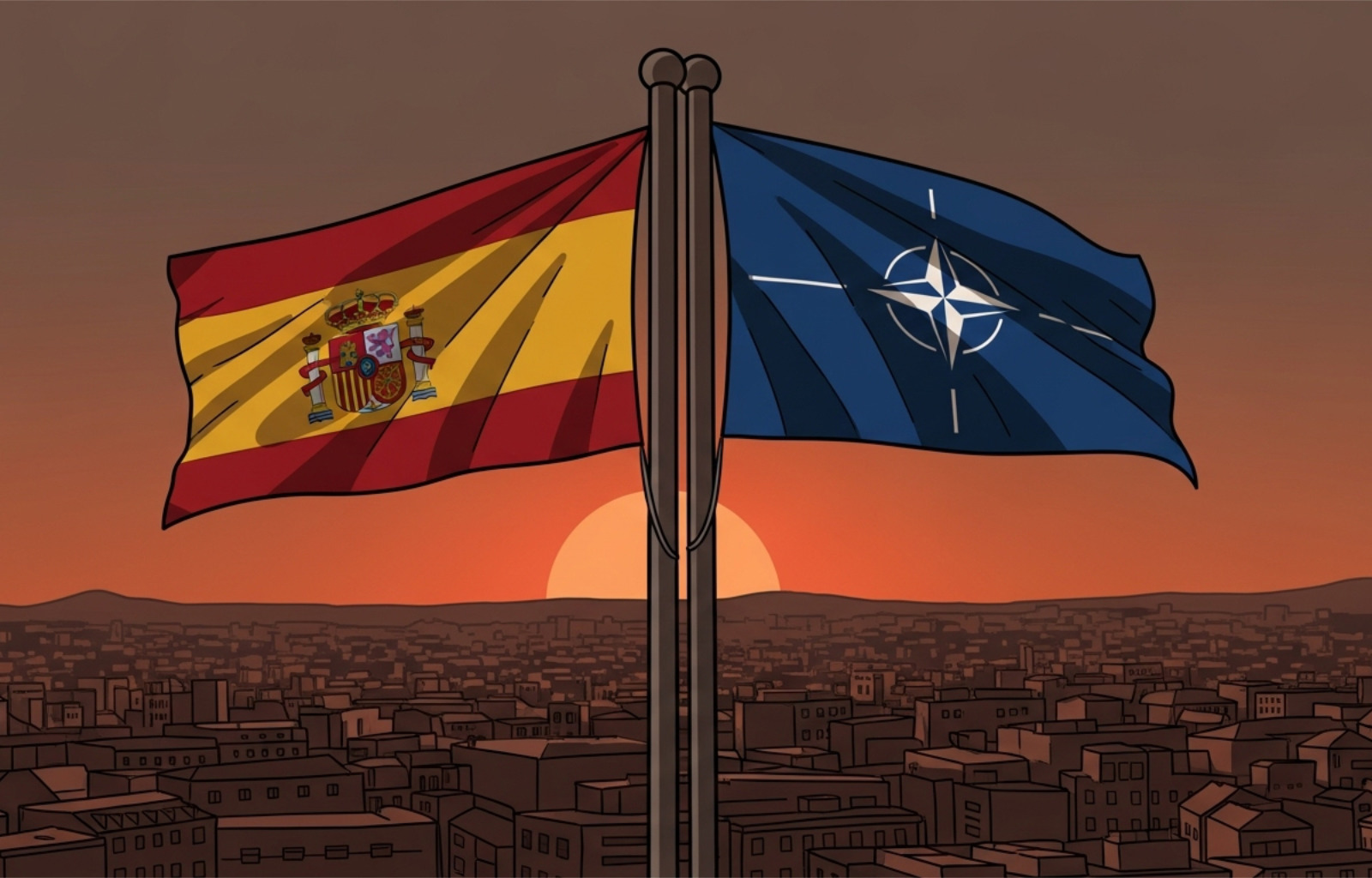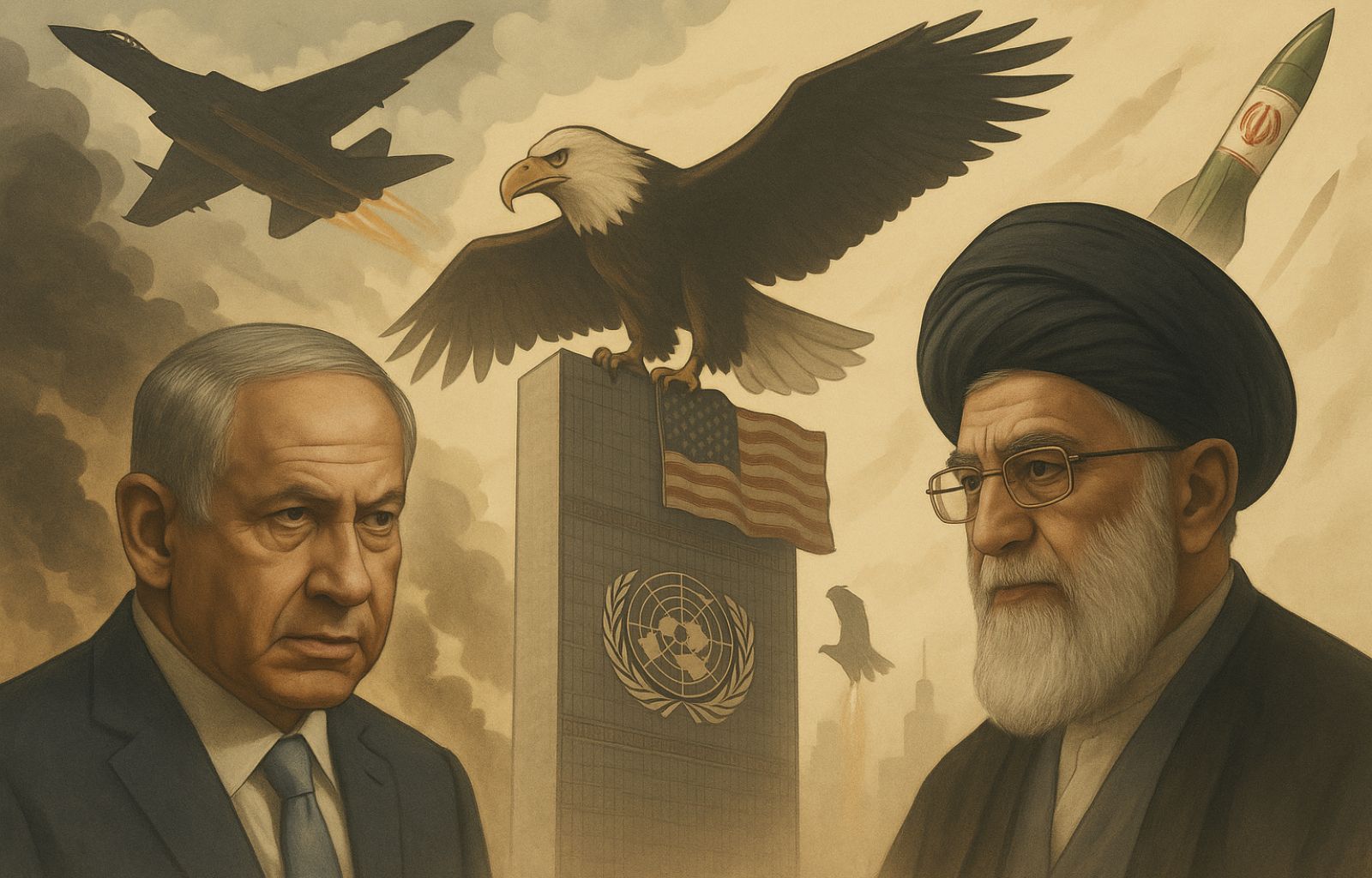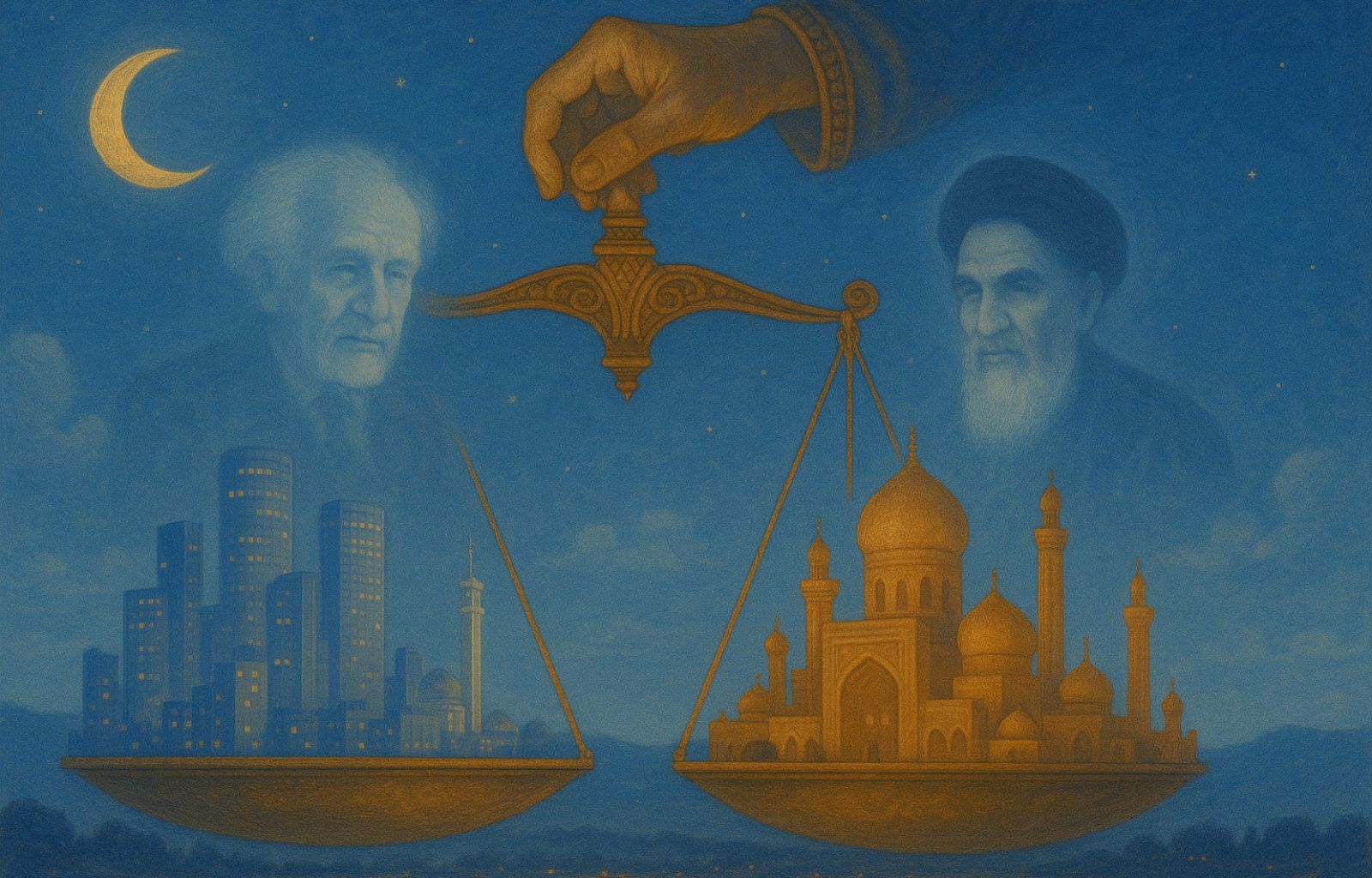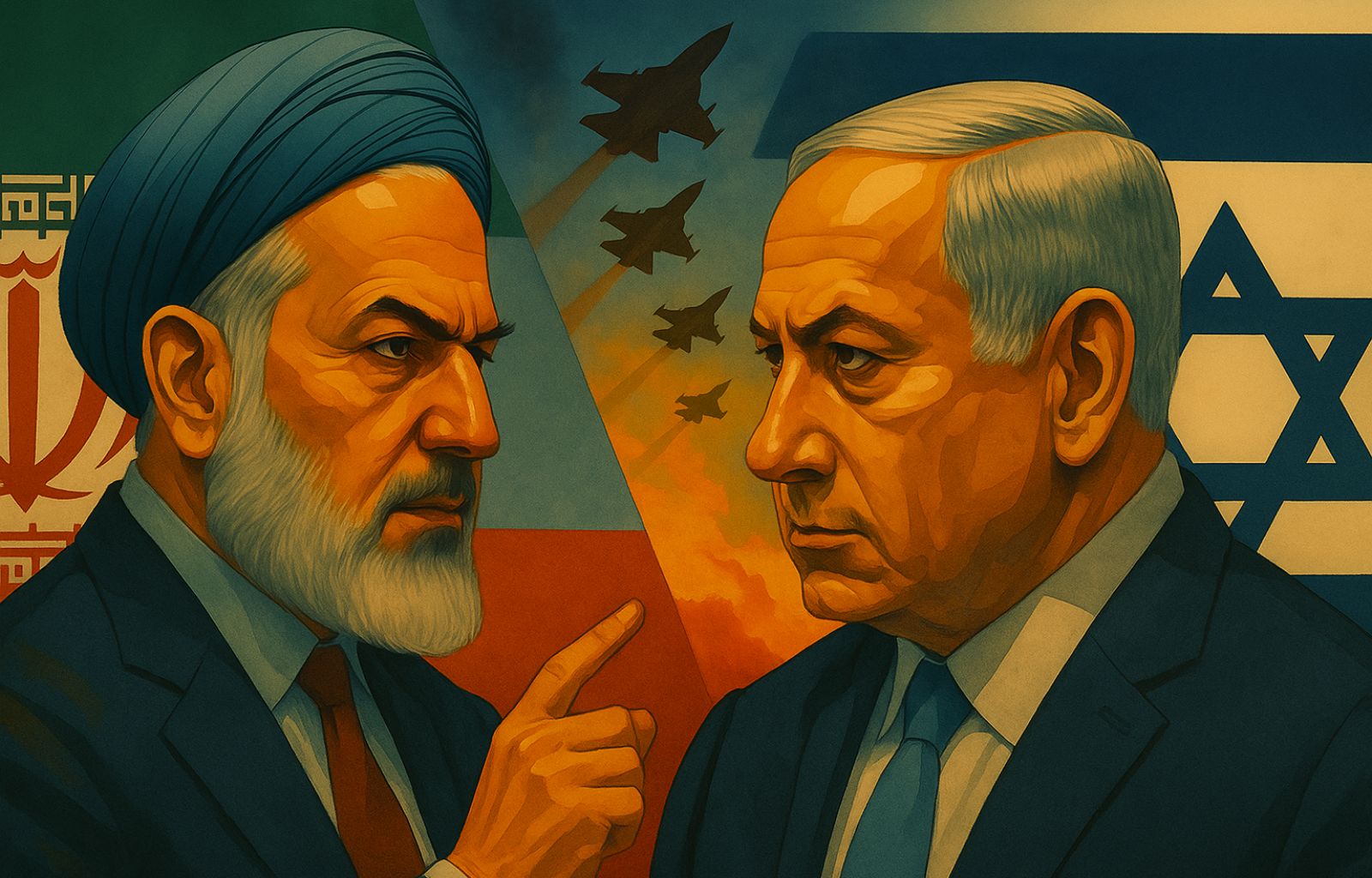Not only Tagle: why the Philippines is increasingly strategic

The world’s – and analysts’ – attention towards the Philippines these weeks is not only focused on the possibility of Cardinal Luis Antonio Tagle becoming pope, but also on the country’s increasingly strategic role in the Indo-Pacific chessboard.
Philippines takes a close look at Taiwan
Turning its gaze to the Pacific, where Beijing seeks to decisively strengthen its presence, Manila is beginning to pay increasing attention to Taiwan. Whereas in the past the Philippines focused mainly on domestic issues and the defence of its own waters in the South China Sea, today the Taiwanese dossier is emerging as a strategic priority. In the background, the constant pressure exerted by Beijing, both in the Taiwan Strait and directly on the Philippines, is helping to redefine the balance in the Indo-Pacific region.
A change of strategic posture in Manila
For years, Philippine national security policy has been dominated by domestic issues, such as insurgencies in Mindanao – also fuelled by former President Duterte – terrorist threats and maritime disputes in the South China Sea. The possibility of a conflict in the Taiwan Strait, less than 160 kilometres away from the archipelago’s northernmost islands, has prompted Manila to recalibrate its defence agenda. But in what way?
In recent months, President Ferdinand Marcos Jr. has abandoned his usual diplomatic caution, publicly acknowledging the growing risk from the Straits. Visits to military units in the north of the country and various official statements reflect a new awareness: an escalation in Taiwan would have inevitable repercussions on national security. ‘It is difficult to imagine a scenario in which the Philippines is not involved,’ Marcos said in an interview, marking a clear shift in Manila’s political line.
Manila and Taipei: a necessary rapprochement
On the diplomatic level, a strong signal came with the relaxation of restrictions on official contacts between the Philippines and Taiwan. A new directive allows Filipino officials to travel to Taipei for economic and trade purposes, provided they use ordinary passports and do not mention official titles. This is a significant change from the previous strict limitations imposed by the Philippines’ adherence to the ‘One China Policy’.
This opening does not imply a formal recognition of Taiwan, but signals the growing relevance of economic and strategic ties between Manila and Taipei in a context increasingly dominated by competition with Beijing.
The long shadow of Beijing
Not surprisingly, China reacted firmly, warning Manila to “not play with fire” on the Taiwan issue and warning that any act perceived as hostile could jeopardise regional stability. The Chinese Foreign Ministry’s harsh tones, combined with growing concerns over military cooperation between the Philippines and the US, reflect Beijing’s irritation at a possible containment network.
To make matters worse, Washington approved the sale of F-16 fighter jets to the Philippines for over USD 5 billion, a deal that China interpreted as a provocation. Manila, for its part, reiterates that cooperation with foreign partners only serves to strengthen its self-defence capability, without offensive intentions. In essence, it tries to reassure, but China remains on the alert.
The importance of military exercises between the US and the Philippines
Military cooperation between the Philippines and the US has taken shape with a new edition of the Balikatan joint exercises, the largest to date. With over 14,000 Filipino and US soldiers involved, along with contingents from Australia, Japan and other partners, the manoeuvres cross the boundaries of conventional operations. They now simulate integrated defence scenarios against maritime and air threats, including potential crises in the Taiwan Strait.
Advanced weapon systems such as NMESIS (land-based naval interdiction system) and HIMARS (high-mobility multiple launch system) have been deployed in the Philippines, extending the deterrence capability beyond the South China Sea. In parallel, investments are also being made in cyber exercises, command and control and the modernisation of the armed forces, with the aim of strengthening the defence of the archipelago.

Towards a ‘free and open’ Indo-Pacific
Without adopting bellicose tones, the Philippines seems intent on consolidating its role in the US strategy for a ‘free and open’ Indo-Pacific. In this context, Taiwan is not only a territorial issue, but becomes a crucial test for regional alliances.
As several senior Philippine officials emphasise, the primary objective remains deterrence: to discourage any attempt at coercion or aggression. However, Marcos Jr.’s new posture is unequivocal: the Philippines does not want to remain a passive bystander in the face of a possible cross-strait crisis. With Chinese pressure mounting – especially against Philippine ships and fishing boats – the country is called upon to choose sides. And to do so with balance, carefully dosing its support for Taiwan.












